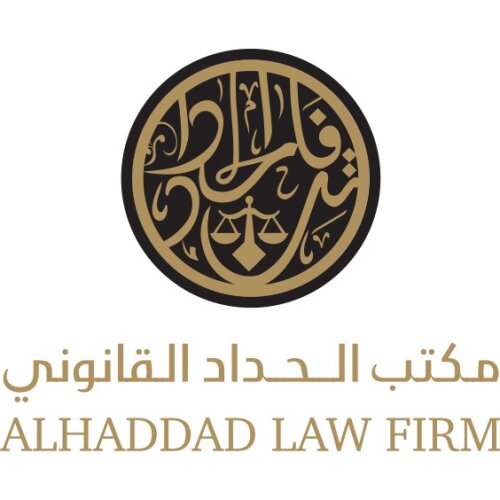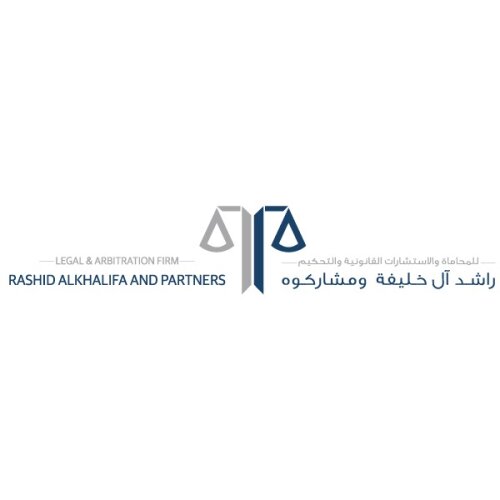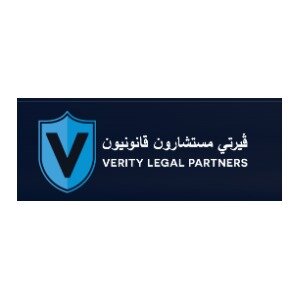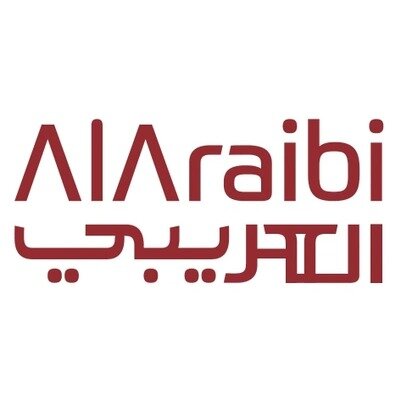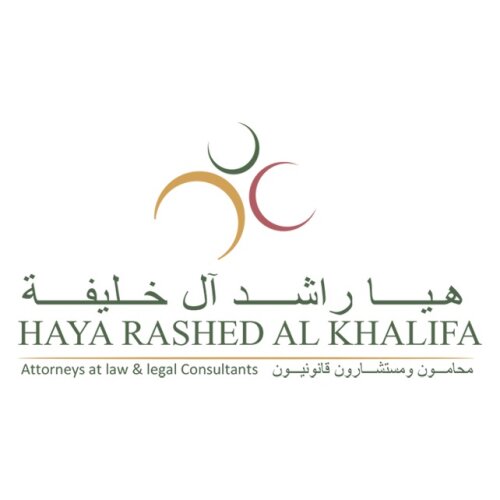Best Renewable & Alternative Energy Lawyers in Bahrain
Share your needs with us, get contacted by law firms.
Free. Takes 2 min.
Or refine your search by selecting a city:
List of the best lawyers in Bahrain
About Renewable & Alternative Energy Law in Bahrain
Bahrain has shown significant commitment to diversifying its energy sources by promoting renewable and alternative energy investments and usage. As a country in the Gulf region, Bahrain is exploring ways to reduce its reliance on traditional fossil fuels while addressing environmental concerns and meeting global sustainability standards. The government has begun introducing frameworks and incentives to encourage solar, wind, and other alternative energy projects. This has created a dynamic legal landscape for businesses and individuals involved in the renewable sector, making it important to understand the relevant regulations and opportunities.
Why You May Need a Lawyer
The renewable and alternative energy sector in Bahrain is governed by evolving laws and regulations. You may require legal assistance in several situations, such as negotiating energy purchase agreements, ensuring regulatory compliance for new projects, acquiring permits and licenses, resolving land use and environmental issues, or securing government incentives. A lawyer specializing in this field can help you navigate complex contracts, understand your legal obligations, protect intellectual property, and represent you in disputes related to energy projects or infrastructure development. Whether you are a business, investor, or individual, engaging a lawyer can help you avoid costly errors and ensure your interests are safeguarded.
Local Laws Overview
Bahrain has established several laws and regulations that directly impact renewable and alternative energy activities. Key aspects to consider include:
- The National Renewable Energy Action Plan, which sets out targets for renewable energy contribution to the national grid and describes governmental support mechanisms.
- Environmental regulations that aim to preserve natural resources and manage the environmental impact of energy projects.
- Permitting requirements for the construction and operation of renewable energy installations, including solar and wind projects.
- Rules governing the connection of private renewable generation to the national grid, overseen by the Electricity and Water Authority.
- Guidelines for net metering and corporate power purchase agreements, facilitating the sale of excess energy generated from renewable sources.
- Foreign investment laws and incentives that encourage private sector participation and international partnerships in the energy sector.
It is important to stay updated on changes to these laws, as the sector continues to grow and regulatory approaches evolve.
Frequently Asked Questions
What types of renewable energy are most common in Bahrain?
Solar energy is the most widely adopted renewable energy source in Bahrain due to the country’s ample sunlight. There are also initiatives exploring wind and waste-to-energy projects.
Can private individuals or businesses install solar panels on their properties?
Yes, both individuals and businesses can install solar panels, but they must comply with local permitting, safety, and grid-connection regulations.
Are there incentives for investing in renewable energy in Bahrain?
The government provides several incentives, including streamlined licensing procedures and potential financial support, especially for large-scale projects that align with national energy goals.
What permits are needed to start a renewable energy project?
Permits are required from various authorities, including the Electricity and Water Authority, the Municipal Affairs authority for land use, and the Environmental Authority to ensure compliance with environmental standards.
How is renewable energy connected to the national grid?
Bahrain has established technical and regulatory requirements for connecting renewable energy sources such as solar panels to the national grid, overseen by the Electricity and Water Authority.
Are there laws governing the sale of excess renewable energy back to the grid?
Yes, Bahrain has developed a net metering system, allowing eligible producers to sell surplus electricity generated from renewable sources back to the grid in exchange for credits or payment.
Is foreign investment allowed in the renewable energy sector?
Foreign investment is encouraged, subject to local laws on business ownership and with incentives available for strategic projects that contribute to Bahrain’s renewable targets.
How are environmental concerns addressed in energy projects?
Environmental assessments are mandatory for significant energy projects, and developers must comply with regulations aimed at minimizing adverse environmental impacts.
What challenges might I face when developing an alternative energy project in Bahrain?
Common challenges include securing permits, ensuring grid compatibility, navigating land use regulations, and maintaining compliance with environmental and safety laws.
How can a lawyer assist with renewable energy ventures?
A lawyer can help interpret regulations, oversee contract negotiations, represent you in legal disputes, advise on obtaining permits, and assist with investment structuring and intellectual property protection.
Additional Resources
For more information or support, consider reaching out to the following organizations and bodies:
- Electricity and Water Authority - Responsible for grid connection and energy regulation
- Ministry of Oil and Environment - Oversees environmental regulations and project approvals
- Bahrain Economic Development Board - Offers guidance and support for investors in renewable energy
- Bahrain Clean Energy Association - Provides industry information and networking opportunities
- National Oil and Gas Authority - Offers resources related to energy transition
Next Steps
If you are considering a renewable or alternative energy project, or if you are facing legal questions in this sector, begin by gathering all relevant documentation about your project or interests. Outline your objectives and any specific concerns or questions you have about permits, investments, or regulations. Consider consulting with a lawyer who specializes in renewable and alternative energy law in Bahrain to assess your case, identify potential challenges, and create a tailored legal strategy. Legal professionals can provide valuable guidance to help ensure compliance, minimize risk, and support the successful development of your projects. Taking these proactive steps will help you navigate the legal landscape with confidence and make informed decisions along your energy journey.
Lawzana helps you find the best lawyers and law firms in Bahrain through a curated and pre-screened list of qualified legal professionals. Our platform offers rankings and detailed profiles of attorneys and law firms, allowing you to compare based on practice areas, including Renewable & Alternative Energy, experience, and client feedback.
Each profile includes a description of the firm's areas of practice, client reviews, team members and partners, year of establishment, spoken languages, office locations, contact information, social media presence, and any published articles or resources. Most firms on our platform speak English and are experienced in both local and international legal matters.
Get a quote from top-rated law firms in Bahrain — quickly, securely, and without unnecessary hassle.
Disclaimer:
The information provided on this page is for general informational purposes only and does not constitute legal advice. While we strive to ensure the accuracy and relevance of the content, legal information may change over time, and interpretations of the law can vary. You should always consult with a qualified legal professional for advice specific to your situation.
We disclaim all liability for actions taken or not taken based on the content of this page. If you believe any information is incorrect or outdated, please contact us, and we will review and update it where appropriate.
Browse renewable & alternative energy law firms by city in Bahrain
Refine your search by selecting a city.






